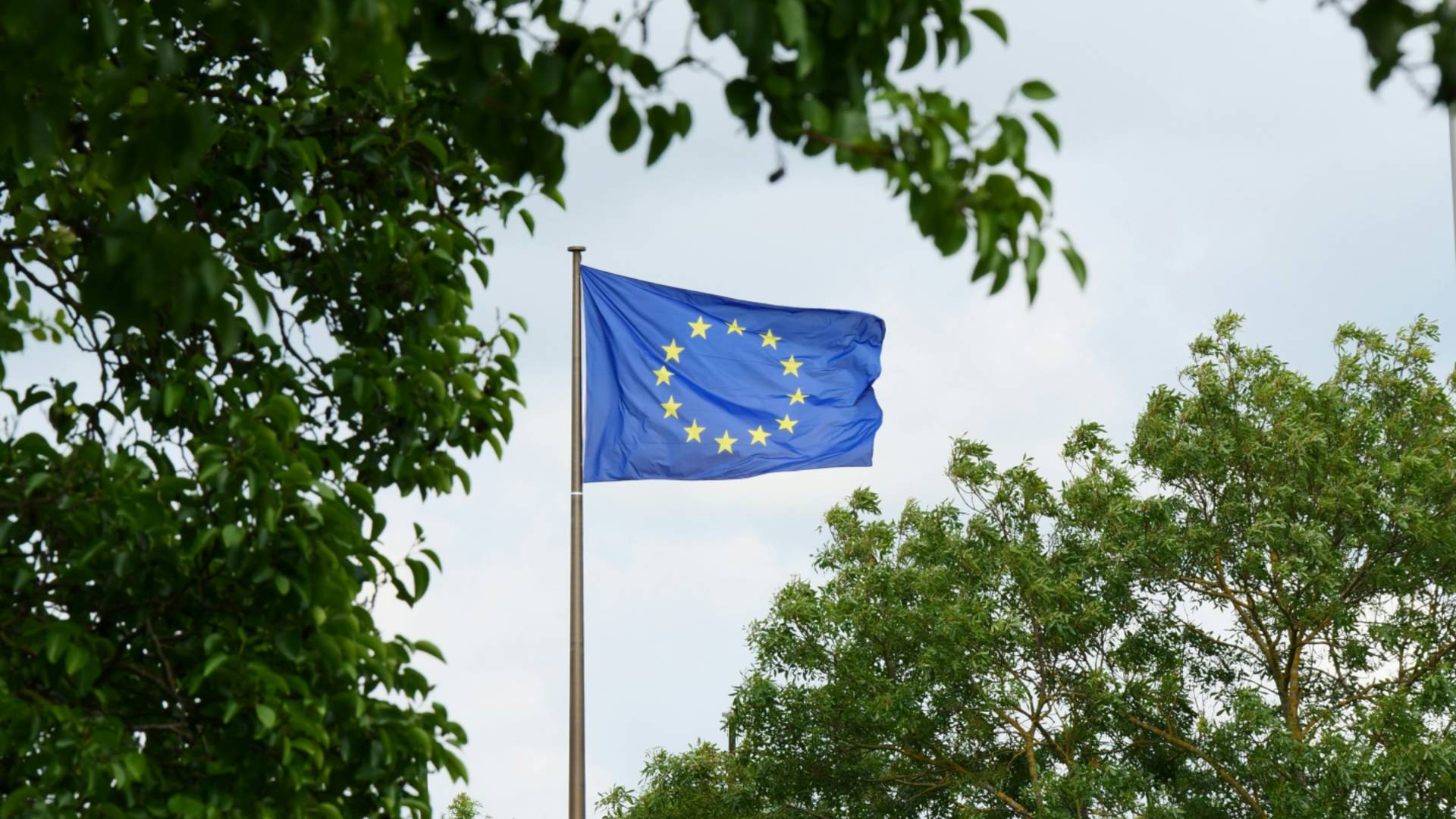A new survey shows that most European businesses support stronger sustainability reporting and due diligence rules than those proposed under the EU’s “Omnibus” simplification package.
The research, by think tank E3G and conducted by YouGov, asked more than 2,500 companies across Germany, France, Italy, Poland and Spain for their views. It found that the majority favour broader and stricter sustainability obligations – even for smaller businesses.
Despite concerns about reporting burdens, most respondents see sustainability as good for business. Companies were nearly three times more likely to agree than disagree that becoming more environmentally sustainable improves competitiveness. Larger firms were even more likely to say so. Over two thirds (68%) agreed that the EU should set a global example for sustainability standards in business, compared with only 10% who disagreed.
Reporting thresholds and fair data sharing
One of the biggest changes under the Omnibus proposals is to limit reporting under the Corporate Sustainability Reporting Directive (CSRD) to companies with more than 1,000 employees. But 70% of businesses surveyed think the minimum company size for mandatory reporting should be 1,000 employees or fewer. Half favour a threshold of 500 or fewer.
Six in ten companies said they support sustainability reporting – provided it is proportionate to business size and produces meaningful data. Over half also agreed that large companies should be able to request sustainability data from smaller suppliers, as long as requests are reasonable and proportionate.
Due diligence and transition plans
The majority of respondents also support keeping strong due diligence rules. Most agree these will likely make large firms prefer suppliers within the European Economic Area, promoting higher standards across EU supply chains.
Nearly two-thirds (63%) believe large companies should be required to have a climate transition plan in place to support the shift to a green economy.
Although the Omnibus package proposes limiting due diligence to direct suppliers, many businesses disagree. 41% identified indirect supply chains as their biggest source of human rights or environmental risk – more than double the number who pointed to direct suppliers.
If this or any of our articles have interested you, get in touch for a chat with one of our experts at Sustainable Energy First for a no-obligation chat.
















